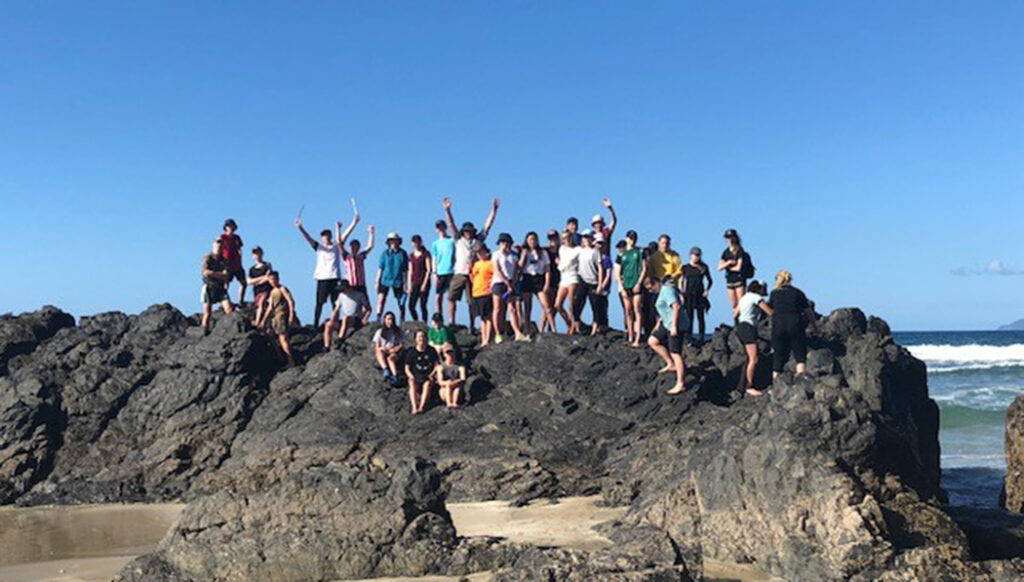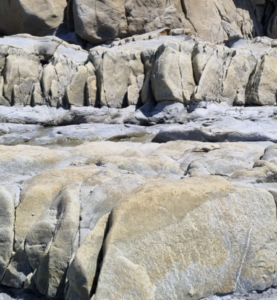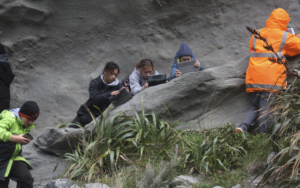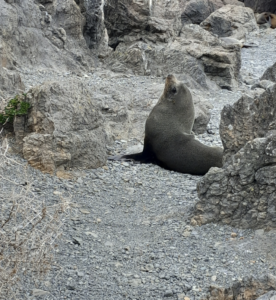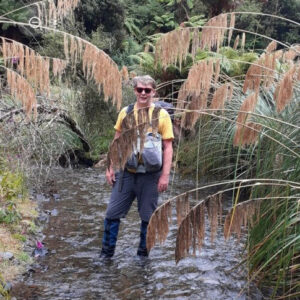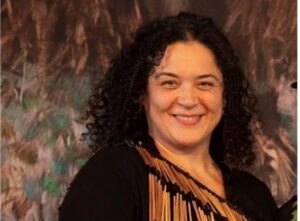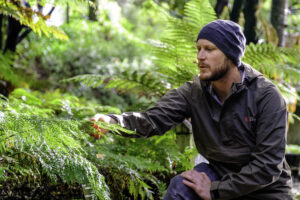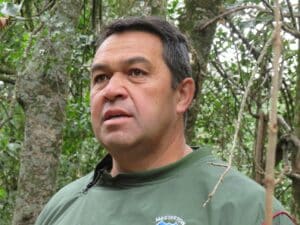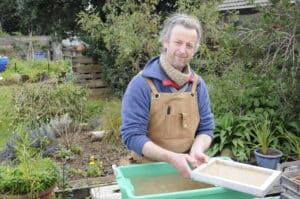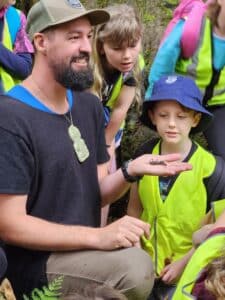

“Applying for this PLD was really straightforward. Tony takes time to discuss what you are looking for from field based STEM and then talks you through the application process. I’m excited about the resources we are going to create from this” – Matt Harrison, Lead Teacher
For more information on how your school can access these funds, click:
APPROVED – 120 hours Orewa College Application
How has consultation informed your thinking?
Kāhui Ako in-school leaders worked with SLT and PLD provider with the aim of further developing our cross-curricular initiatives (PBL learning) while also boosting our local curriculum.
Outline the growth that you are trying to achieve
Orewa College staff wish to build upon the benefits already identified as a result of our recent exploration of developing an integrated Local Curriculum. Although there have been some good examples of collaboration, in general this involves individuals linking up in a patch work manner. We want to broaden this integrated Local Curriculum to encompass more parts of the curriculum. In particular, we want a curriculum plan that is culturally responsive and recognises and motivates all of our taiohi, 14% of whom are Māori. We have identified in broad terms that we want to incorporate more sites and contexts from the schools surrounding local environment and the potential for others further afield. We would like help selecting sites and developing course outlines and resources that lend themselves to an Inquiry Learning approach whilst simultaneously showing progression through the Curriculum. We want sites that present themselves for effective, participatory project based learning such as environmental restoration (natural and cultural) and that have a history that we can embrace to extend and enrich our collective knowledge of mātauranga Māori, tauiwi settlement and modern day scientific accounts about the origins of the region. We are keen to explore how this knowledge helps us better understand the whakapapa and biodiversity of our region and community. We want to promote a pedagogical culture that embraces the concept of tuakana/taina and build a framework for student inquiry that involves problem solving, student voice, leadership opportunities, education outside of the classroom and the use of digital technologies to create and connect.
Outline your why and your evidence
Our planning to date has provided insight into the many possibilities of a shared vision that is under pinned by a collective desire for a meaningful and rich curriculum that celebrates our special place – at times this is a little overwhelming and we want help with this. We anticipate an increase of sharing of knowledge, ideas and equipment. We are confident that such a curriculum will create equity for our learners for when they leave our school and go into the wider world. In 2020 our college piloted an integrated curriculum at year 9 and 10 this was abandoned halfway through the year and after significant consultation with students, staff and the wider community it was recognised that while the theory behind this approach had merit, the implementation was not effective. In 2021 a smaller scale integration project has been implemented where teachers could elect to create a course that was considered to have a natural fit across two curriculum areas. At this stage this is proving more successful however to further develop this and embed it within the college additional support and PLD would be very beneficial.
Outline how you plan to measure the impact of this PLD
Our proposed measurements include: Links to local sites of special interest – eg numbers of students engaging in restoration projects and knowledge gathering activities about those sites Local curriculum development eg develop a framework across the school for how our localised curriculum content will look across the year levels. Partnerships with whanau and community e.g. with; Kahui ako, mana whenua, local community marae, Restore Hibiscus and Bays, Pest Free Hibiscus Coast, local businesses, Auckland City Council, Department of Conservation, Sustainable Coastlines among others Identifying and integrating local, authentic learning opportunities Ongoing feedback from staff and students and where appropriate community groups
Outline how this PLD will contribute to ākonga growth
Ākonga will have a better knowledge of Pūrākau pertaining to our region and be able to link their own pepeha to physical locations (ideally visited) and will therefore have greater empathy with the whenua, awa, repo and roto. By having an appreciation of the whakapapa of the region – its estuary, its rivers its ngahere etc they will gain a greater understanding of their own identity and place in the world. By use of a consistent language across the school ākonga will experience smoother transitions, and increase connections between learning areas, rather than compartmentalised learning. Students will feel empowered to solve problems and move from being reliant on instructional practice to developing independent, confident problem solvers.

